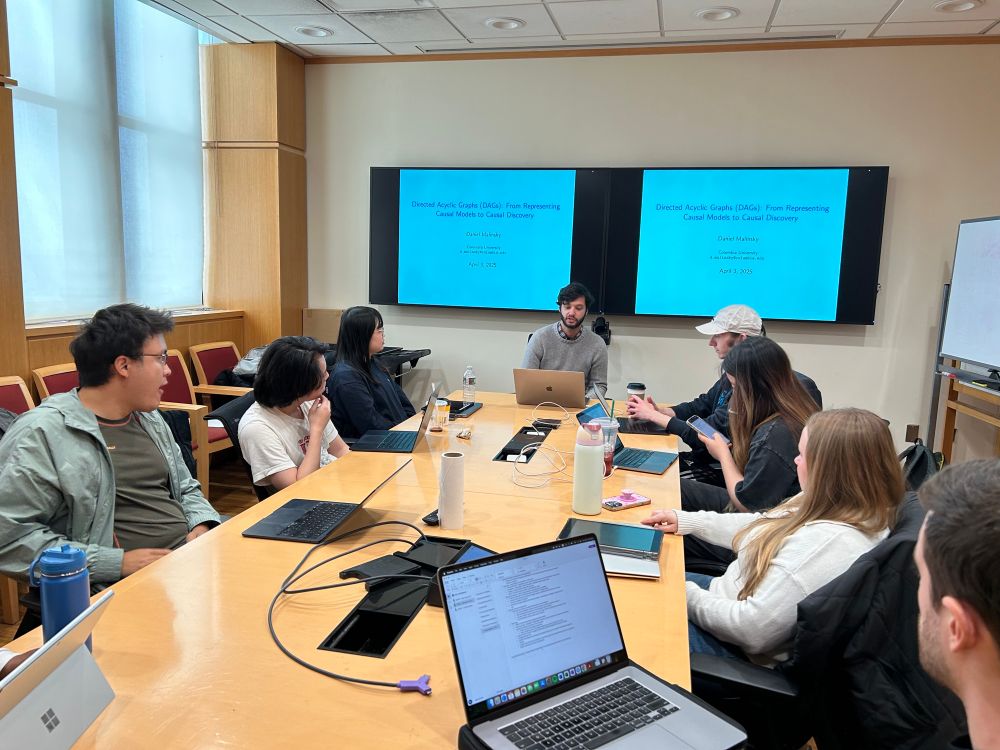Sen Pei
@senpei.bsky.social
1.9K followers
510 following
79 posts
Asst Prof @ColumbiaMSPH. A mix of Infectious Diseases, Environmental Health, Network Science & Complex Systems. Views are my own.
Website: https://senpei-cu.github.io/
Posts
Media
Videos
Starter Packs
Sen Pei
@senpei.bsky.social
· 26d
Reposted by Sen Pei
Sen Pei
@senpei.bsky.social
· Jul 22
Sen Pei
@senpei.bsky.social
· Jul 22

Adaptive mobility responses during Hurricanes Helene and Milton in 2024
Adaptation is crucial for minimizing the societal impacts of tropical cyclones amid climate change. Using 355.5 million high-resolution foot-traffic records from mobile devices, we analyzed human mobi...
www.medrxiv.org
Sen Pei
@senpei.bsky.social
· Jun 20
Sen Pei
@senpei.bsky.social
· Apr 30
Sen Pei
@senpei.bsky.social
· Apr 30
Reposted by Sen Pei
Sen Pei
@senpei.bsky.social
· Mar 17

















